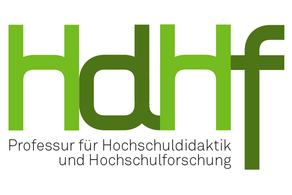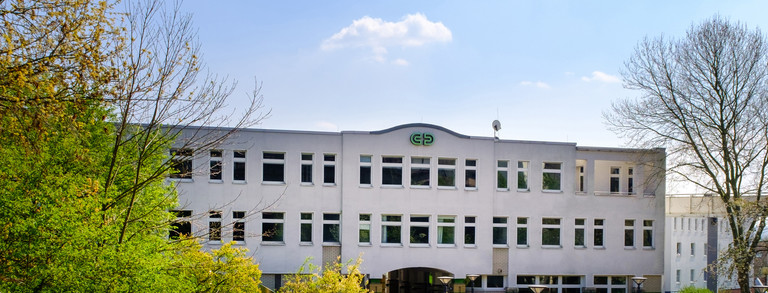Prof. habil. Dr. Rimantas Želvys
(Vilnius University, Lithuania)
Governance of Lithuanian Universities – Distribution of Powers, Decision-making and Possibilities of Change
The recent quarter of a century marked several major shifts in university governance in Lithuania. Starting with a first and perhaps most radical shift with the adoption of the first post-Soviet Law on higher education in 1991, the higher education system has undergone several waves of transition. The present situation of university governance in Lithuania can be characterized as a still strong prevalence of the academic governance model, influenced, however, by a growing external pressure of the market forces. The internal governance of a Lithuanian university constitutes a rather complicated balance between the university board, the senate, the rector and the rectorate. Other players like student union, trade unions and professional associations (e.g. union of scientists) also participate in the decision-making processes. All this results in continuous attempts to maintain the existing power balance and makes the implementation of changes a really difficult task. We can observe the continuous interactions of conflicting interest groups – “veterans” vs “newcomers”, “rich” faculties vs “poor” faculties, science vs humanities, central administration vs “academic elite”, “academic elite” vs “academic proletariat”, etc. External factors – decreasing numbers of students, competition among universities, and the inevitable consolidation of higher education network and university mergers – add additional colours to these internal interactions. In this presentation, we will discuss interactions of the interest groups and their consequences in a more detailed way.
Rimantas Želvys is Professor of Education and head of the Education Policy Centre at Vilnius University, Lithuania. He is a former director of the Lithuanian In-Service Teachers’ Training Institute and former vice rector of the Lithuanian University of Educational Sciences. Prof. Zelvys has more than 30 years of professional experience in the field of education, including positions as a key educational policy adviser and policy maker in Lithuania both before and after EU-accession. He has been an expert at the Lithuanian Quality Assessment in Higher Education Centre from 1995 to date and has acted as a consultant on secondary education sector development projects in Lithuania, Azerbaijan, Kazakhstan, Kyrgyzstan, Tajikistan and Moldova.
Wednesday, 2 November 2016, 4.00–5.30 p.m. | Vogelpothsweg 78 (CDI building), room 114
Center for Higher Education (zhb)
Professorship of Higher Education





